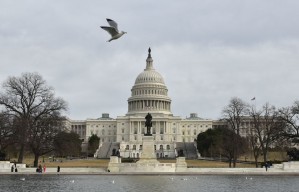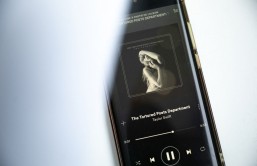According to Wonkbook, an arm of the Washington Post, health insurers are stuck in a guessing game as the nation gears up for its new health care policy, universally known as Obamacare.
"The problem is that insurers don't know what their cost will be [when Obamacare is implemented] next year. So they're guessing. They're guessing who will enter the exchanges. They're guessing who will choose to buy their coverage. They're guessing whether healthy, young people will obey the individual mandate or pay the penalty... If they get it wrong by being too expensive, they'll lose customers. If they get it wrong by being too cheap, they'll lose money."
The greater determinants for health insurance cost, and the industry in general, will not happen until Obamacare's second year. At that point, insurance providers will know the numbers, and will be able to enact just the right formula, but it may be too late and "their pricing won't really be up to them."
Due to a combination of all this guessing, and the constant updates of regulations, incentives, and other earmarks attached to Obamacare, a new industry is emerging and it is being dubbed "a health care Silicon Valley."
The industry is a growing ecosystem of health care insurance geniuses that is digesting patient data and repackaging them in a way that is absorbable and efficient for doctors and hospitals to use.
"According to the Obama administration, thanks to incentives in the recovery act there has been nearly a tripling since 2008 of electronic records installed by office-based physicians, and a quadrupling by hospitals."
In a New York Times interview with family medicine specialist Dr. Jen Brull, she shared that less than half of her patients that needed to be screened for colorectal cancer, were actually being alerted. By upgrading her system, she improved it to 90 percent, and "this led to the early detection of cancer in three patients - and early surgery that saved these patients' lives and also substantial health care expense."
In 2010 the very first "Health Datapalooza" - an event thrown to showcase health care technology innovations that were mobilizing the power of data to improve the industry - was held.
At the event "20 new or upgraded apps [were demonstrated] that leveraged open data to do everything from helping patients find the best health care providers to enabling health care leaders to better understand patterns of health care system performance across communities.
In 2012 "Health Datapalooza" happened again and that time, over 1,500 innovators participated and listened to 100 companies' presentations.
Health Datapalooza IV is set to start on June 3.








